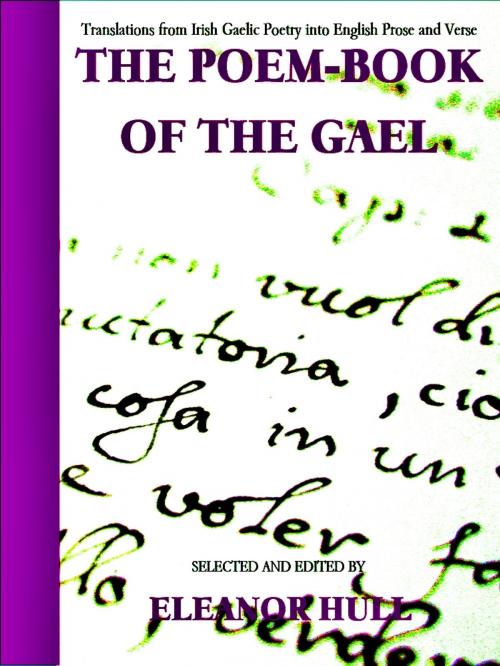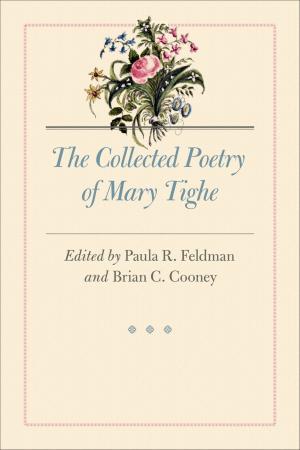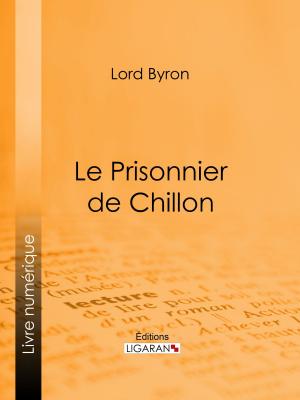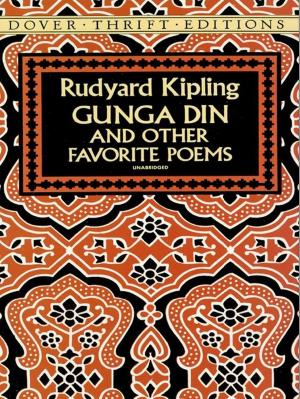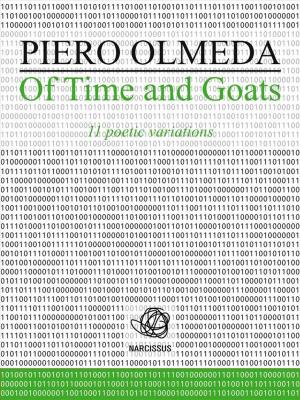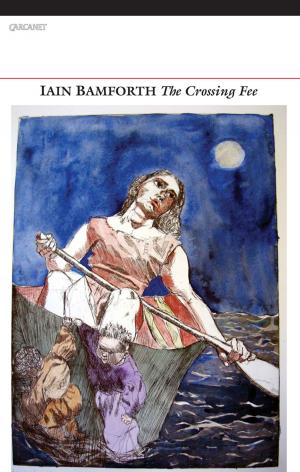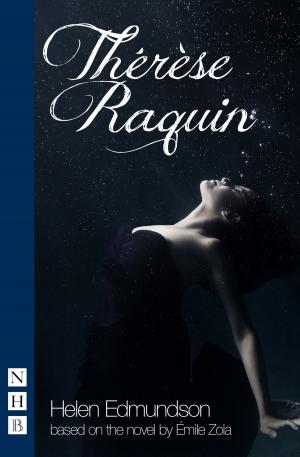The Poem-Book of the Gael
Translations from Irish Gaelic Poetry into English Prose and Verse
Fiction & Literature, Poetry, Anthologies, British & Irish| Author: | Various, Eleanor Hull | ISBN: | 1230000269703 |
| Publisher: | LONDON CHATTO & WINDUS | Publication: | September 22, 2014 |
| Imprint: | Language: | English |
| Author: | Various, Eleanor Hull |
| ISBN: | 1230000269703 |
| Publisher: | LONDON CHATTO & WINDUS |
| Publication: | September 22, 2014 |
| Imprint: | |
| Language: | English |
Example in this ebook
"An air is more lasting than the voice of the birds,
A word is more lasting than the riches of the world."
The truth of this Irish proverb strikes us forcibly as we glance through any such collection of Gaelic poetry as this, and consider how these lays, the dates of whose composition extend from the eighth to the present century, have been preserved to us.
On the border of some grave manuscript, such as a Latin copy of St. Paul's Epistles or a transcript of Priscian, a stray quatrain may be found jotted down by the tired scribe, recording in impromptu verse his delight at the note of a blackbird whose song has penetrated his cell, his amusement at the gambols of his cat watching a mouse, or his reflections on a piece of news brought to him by some wandering monk, about the terror of the viking raids, or a change of dynasty "at home in Ireland."
Several of our Ossianic poems are taken from a manuscript of lays collected in 1626-27 in and about the Glens of Antrim, and sent out to while away the tedium of camp life to an Irish officer serving in the Low Countries, who wearied for the poems and stories of his youth. The religious hymns of Murdoch O'Daly (Muredach Albanach), called "the Scot" on account of his affection for his adopted country, though he was born in Connaught, are preserved in a collection of poems gathered in the Western Highlands, many Irish poems, even from so great a distance as Munster, being found in it.
The Saltair na Rann or "Psalter of the Verses," the most important religious poem of ancient Ireland, is preserved in one copy only. It seems as though a miracle had sometimes intervened to guard for later generations some single version of a valuable tract at home or abroad; but it is a miracle which we could have wished to have taken place more often, when we reflect upon the large number of manuscripts forever lost to us.
Many of the most beautiful of the ancient poems, as well as of the popular songs, are anonymous; they are frequently found mixed up with material of the most arid description, genealogies, annals, or miscellaneous matter. It is easier to guess from the tone of the poems under what mood of mind they were composed than to tell exactly who wrote them. Even when they come down to us adorned with the name of some well-known saint or poet, we have an uncertain feeling about the accuracy of the ascription, when we find a poem whose language cannot be earlier than the tenth or eleventh century confidently connected with a writer who lived two or three centuries earlier. In some cases, no doubt, the versions we possess, though modernised in language and rhythm, are in reality old; in others the ascription probably bears witness to the desire of the author or his public to win esteem for his work by adorning it with some famous name. Some of these poems, of which only one copy has come down to us, were, however, well known in an earlier day, and are quoted in old tracts on Irish metric as examples of the metres used in the bardic schools. It is evident that though standards of taste may change, the recognition of what is really beautiful in poetry remains as a settled instinct in man's nature. Many of those poems which now appeal most strongly to ourselves took rank as verses of acknowledged merit nearer to the time of their composition. This we can deduce from their use as examples worthy of imitation in these mediæval Irish text-books, where the names of songs we still admire are quoted as specimens of good poetry.
To be continue in this ebook................................................................................................................
Example in this ebook
"An air is more lasting than the voice of the birds,
A word is more lasting than the riches of the world."
The truth of this Irish proverb strikes us forcibly as we glance through any such collection of Gaelic poetry as this, and consider how these lays, the dates of whose composition extend from the eighth to the present century, have been preserved to us.
On the border of some grave manuscript, such as a Latin copy of St. Paul's Epistles or a transcript of Priscian, a stray quatrain may be found jotted down by the tired scribe, recording in impromptu verse his delight at the note of a blackbird whose song has penetrated his cell, his amusement at the gambols of his cat watching a mouse, or his reflections on a piece of news brought to him by some wandering monk, about the terror of the viking raids, or a change of dynasty "at home in Ireland."
Several of our Ossianic poems are taken from a manuscript of lays collected in 1626-27 in and about the Glens of Antrim, and sent out to while away the tedium of camp life to an Irish officer serving in the Low Countries, who wearied for the poems and stories of his youth. The religious hymns of Murdoch O'Daly (Muredach Albanach), called "the Scot" on account of his affection for his adopted country, though he was born in Connaught, are preserved in a collection of poems gathered in the Western Highlands, many Irish poems, even from so great a distance as Munster, being found in it.
The Saltair na Rann or "Psalter of the Verses," the most important religious poem of ancient Ireland, is preserved in one copy only. It seems as though a miracle had sometimes intervened to guard for later generations some single version of a valuable tract at home or abroad; but it is a miracle which we could have wished to have taken place more often, when we reflect upon the large number of manuscripts forever lost to us.
Many of the most beautiful of the ancient poems, as well as of the popular songs, are anonymous; they are frequently found mixed up with material of the most arid description, genealogies, annals, or miscellaneous matter. It is easier to guess from the tone of the poems under what mood of mind they were composed than to tell exactly who wrote them. Even when they come down to us adorned with the name of some well-known saint or poet, we have an uncertain feeling about the accuracy of the ascription, when we find a poem whose language cannot be earlier than the tenth or eleventh century confidently connected with a writer who lived two or three centuries earlier. In some cases, no doubt, the versions we possess, though modernised in language and rhythm, are in reality old; in others the ascription probably bears witness to the desire of the author or his public to win esteem for his work by adorning it with some famous name. Some of these poems, of which only one copy has come down to us, were, however, well known in an earlier day, and are quoted in old tracts on Irish metric as examples of the metres used in the bardic schools. It is evident that though standards of taste may change, the recognition of what is really beautiful in poetry remains as a settled instinct in man's nature. Many of those poems which now appeal most strongly to ourselves took rank as verses of acknowledged merit nearer to the time of their composition. This we can deduce from their use as examples worthy of imitation in these mediæval Irish text-books, where the names of songs we still admire are quoted as specimens of good poetry.
To be continue in this ebook................................................................................................................
